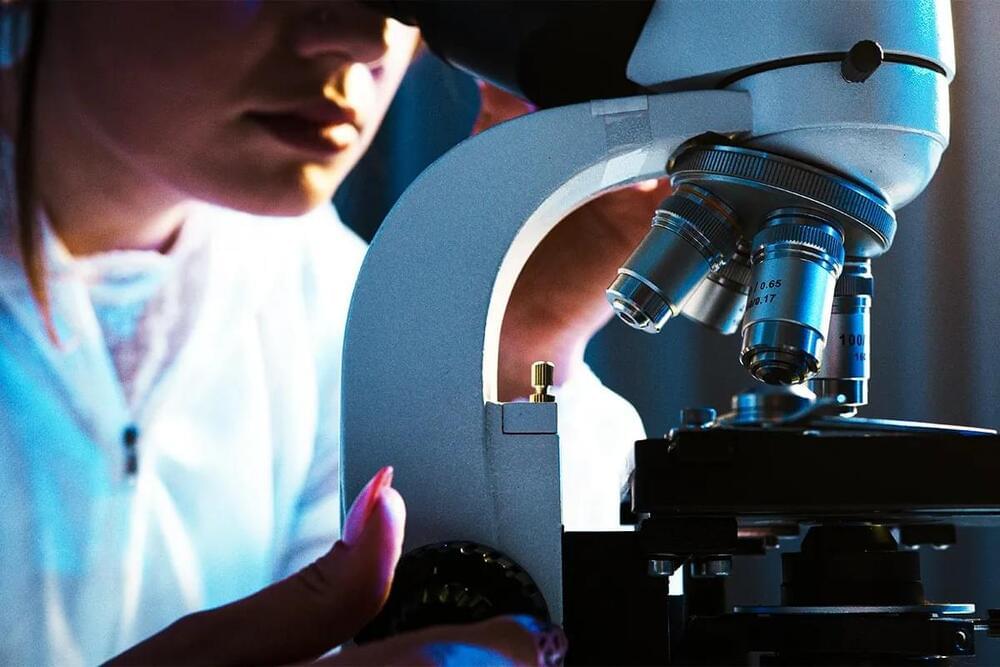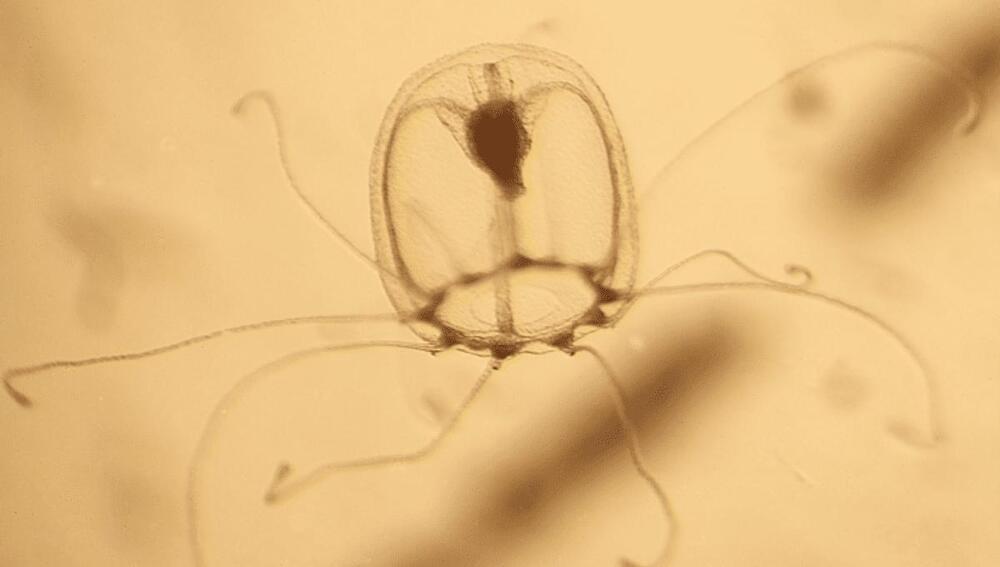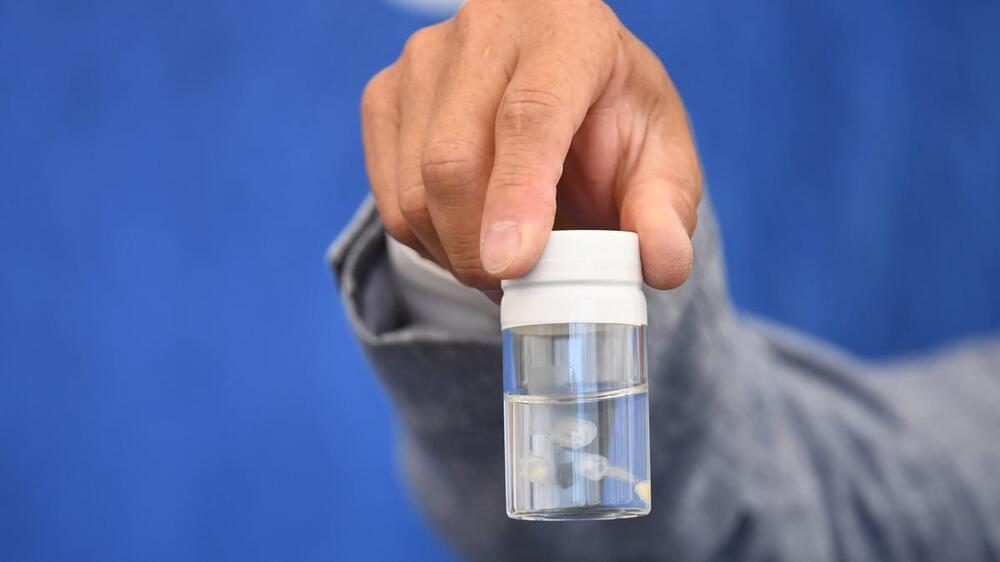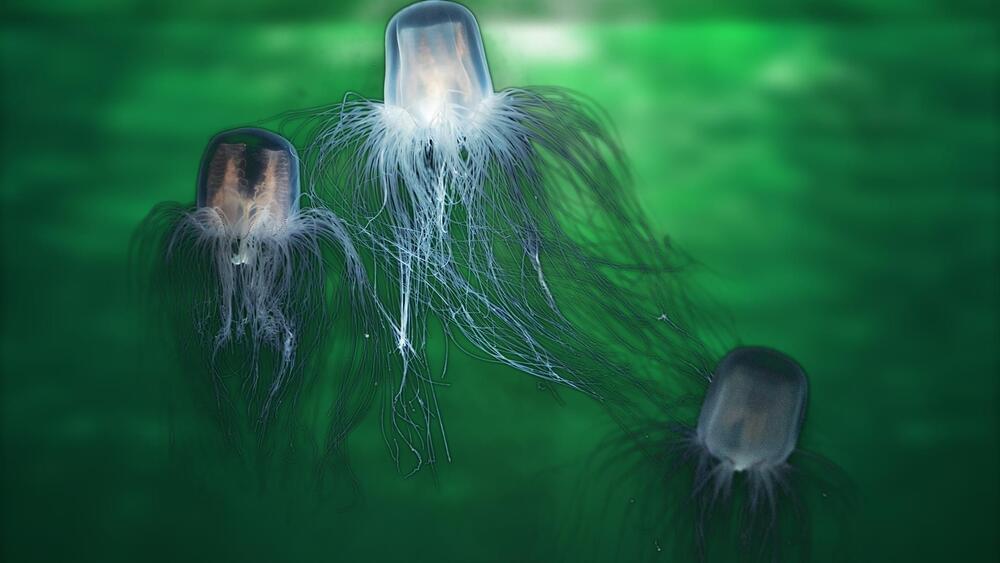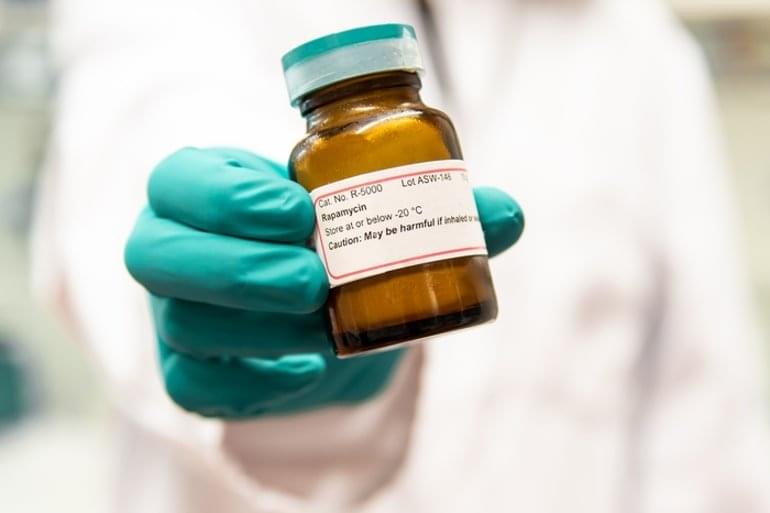What does the future of aging and longevity hold? Can science hack the human lifespan? Even if we can, SHOULD we…?
People aren’t dying as early or as easily as they used to. Innovations in modern medicine, health, and hygiene helped us extend our lives by decades, but what comes next? Would you rather live to be a healthy and hearty 90 or live to be 150 but wither away for the last 60 years? We’ll talk about it in this episode of Far Out.
Far Out explores the future of science, technology, and culture and how these changes may affect humanity and life on Earth. The series is hosted by Swapna Krishna, a science journalist, podcaster, and sci-fi writer covering everything from NASA to Marvel, and produced for PBS by PBS North Carolina, the team behind the award-winning PBS series Overview.
#FutureOfAging #Lifespan #FarOut.
And keep up with Far Out and PBS Terra on:
Facebook: https://www.facebook.com/PBSDigitalSt…
Twitter: https://twitter.com/pbsds.
Instagram: https://www.instagram.com/pbsds
